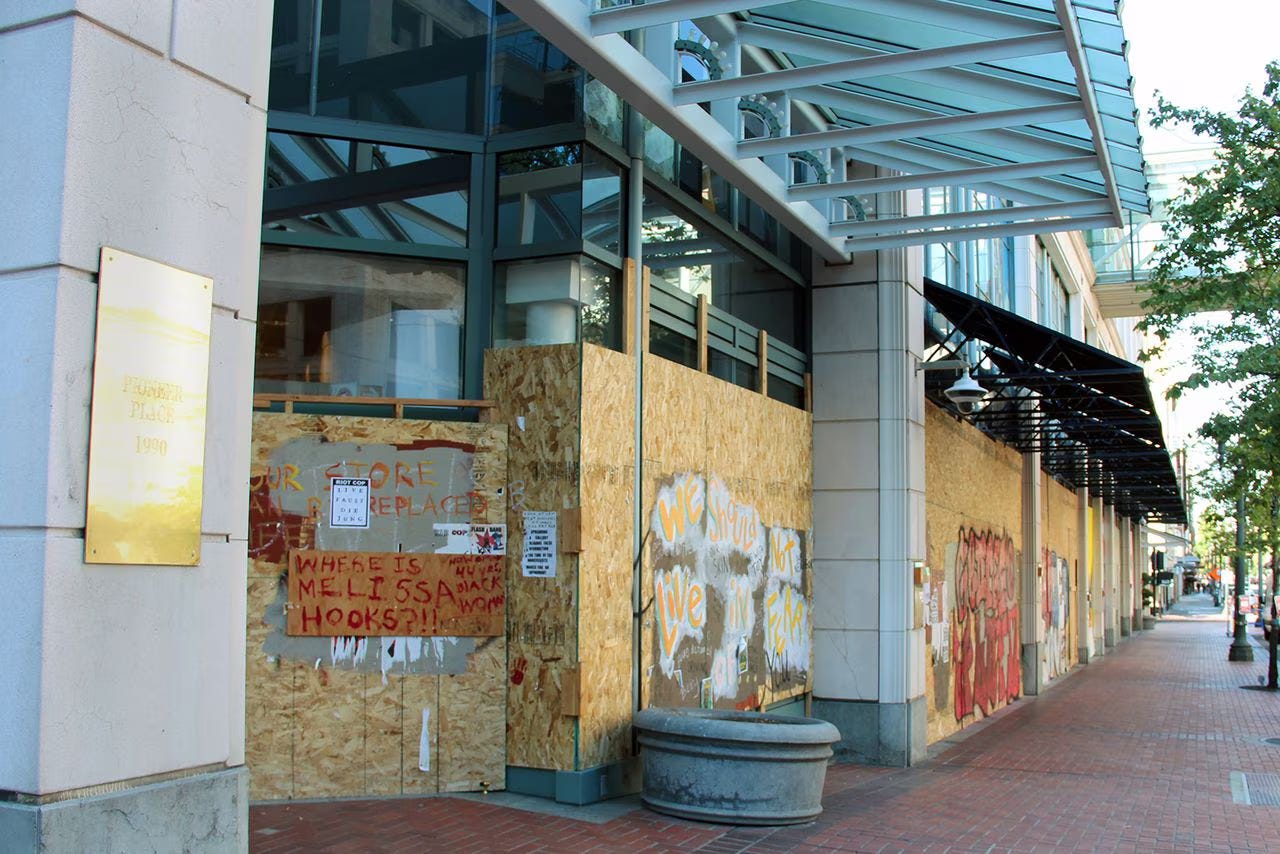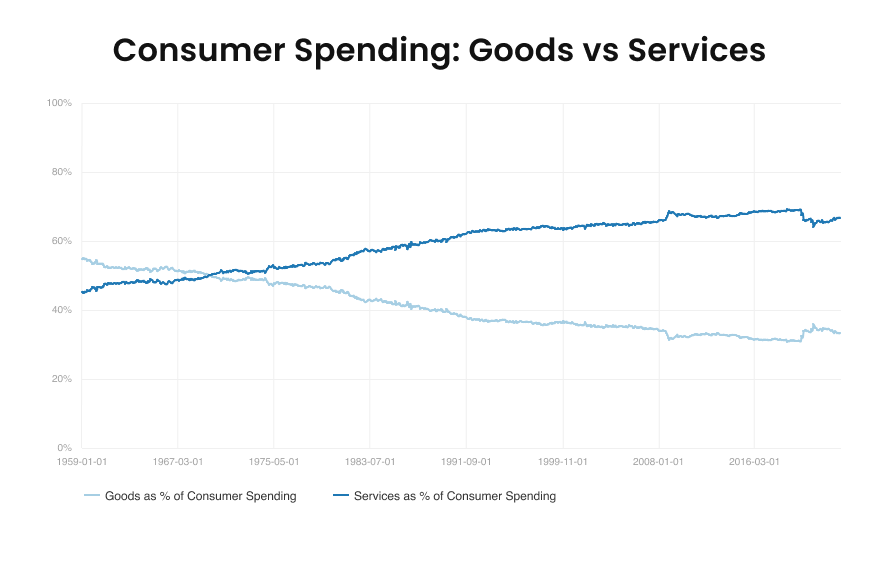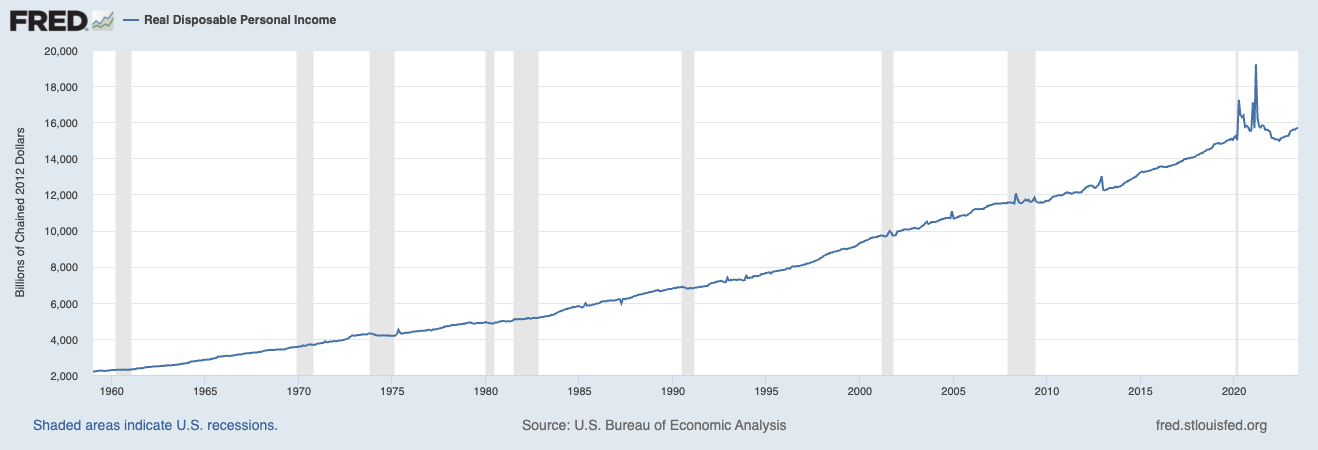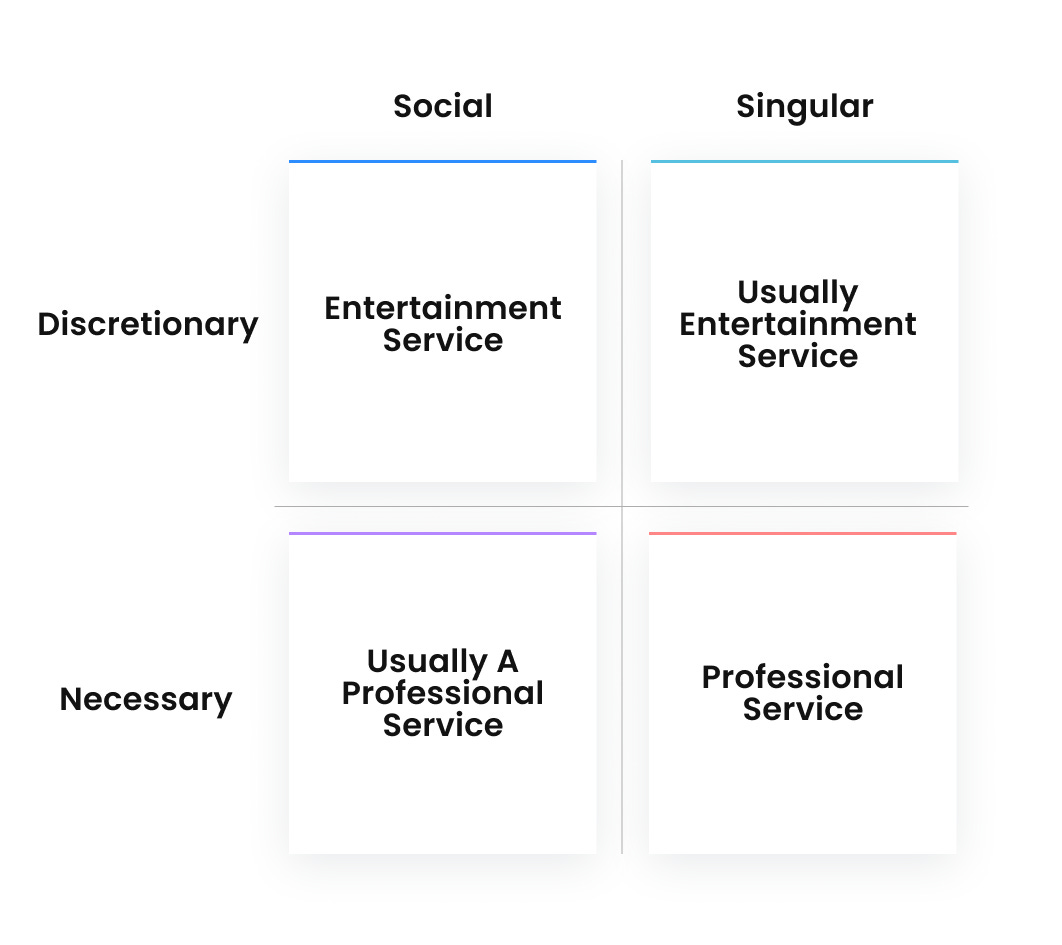Malls Are Being Taken Over
But not by who you may think
Walk through any American Mall or metropolitan downtown.
You’ll recognize a few things, but most noticeably, the empty and closing retail stores.
The majority of goods have been commoditized and commerce has increasingly moved online in America.
With the exception unique buying experiences like Louis Vuitton, Apple, or boutique shops…. retail is dead.
This is strongly evident in cities like Portland, Oregon where the downtown availability rate for retail space is 13.2%, and San Francisco where the largest mall in the city announced bankruptcy.
Young people don’t go out to “shop”.
Why shop in person when hundreds of millions of products are a few clicks away?
So what’s left of these mall centers?
Well, this gaping hole in America is being rapidly filled….
Malls are being taken over, but not by who you may assume.
An unlikely industry is making a comeback.
Movie Theatres, Arcades, Unique Restaurant Experiences, Bowling, VR...
The entertainment industry is back.
The American economy is no longer driven by purchasing Goods like in the early 1900s…
America switched from a Goods economy to a Professional Service economy in 1969.
Similar to how we classify Goods into Durables and Non-Durables, we will soon separate Services into Professional Services and Entertainment Services.
We’re in the process of switching from a primarily Professional Services economy to an Entertainment Services economy.
Contrary to mainstream media, Americans have continuously gained more income adjusted for inflation and expenses almost every year since data was collected, starting in the 1950s.
Americans are spending this increasingly disposable income on experiences.
We see this with companies like SandboxVR, Pong!, and TopGolf meteorically rising.
People no longer go out to shop for commodity goods, they go out for unique experiences.
But what separates the Professional Service economy from the Entertainment Service economy?
There are two key factors, singularity and necessity.
Professional Services tend to be singular.
You get advice from a CFP. You get dry cleaning. You get your computer fixed.
Professional Services also tend to be necessary.
You get advice from a CFP. You get dry cleaning. You get your computer fixed.
Entertainment Services, on the contrary, are driven by “We” and discretionary spending.
(Yes, this is an Adam Neumann reference)
In entertainment services groups of people go out and do things together.
Friends go to a restaurant. Friends go bowling. Friends go traveling.
The entertainment economy is also characterized by discretionary spending.
Friends go to a restaurant. Friends go bowling. Friends go traveling.
These factors are what distinguish Professional Services from Entertainment Services.
We will see Malls evolve from centers to purchase Goods and Professional Services into places where consumers purchase Luxury Goods and Entertainment Services.
This is the rise of the Entertainment Service Economy.
So create experiences and tell your Story.
Sources for data can be found at:
U.S. Bureau of Economic Analysis, Personal Consumption Expenditures: Durable Goods [PCEDG], retrieved from FRED, Federal Reserve Bank of St. Louis; https://fred.stlouisfed.org/series/PCEDG, July 31, 2023.
U.S. Bureau of Economic Analysis, Personal Consumption Expenditures: Services [PCES], retrieved from FRED, Federal Reserve Bank of St. Louis; https://fred.stlouisfed.org/series/PCES, July 31, 2023.
U.S. Bureau of Economic Analysis, Real Disposable Personal Income [DSPIC96], retrieved from FRED, Federal Reserve Bank of St. Louis; https://fred.stlouisfed.org/series/DSPIC96, July 31, 2023.
U.S. Bureau of Economic Analysis, Personal Consumption Expenditures: Nondurable Goods [PCEND], retrieved from FRED, Federal Reserve Bank of St. Louis; https://fred.stlouisfed.org/series/PCEND, July 31, 2023.
Organization for Economic Co-operation and Development, Consumer Price Index: Total All Items for the United States [CPALTT01USM657N], retrieved from FRED, Federal Reserve Bank of St. Louis; https://fred.stlouisfed.org/series/CPALTT01USM657N, July 31, 2023.
U.S. Bureau of Labor Statistics, Average Hourly Earnings of All Employees, Total Private [CES0500000003], retrieved from FRED, Federal Reserve Bank of St. Louis; https://fred.stlouisfed.org/series/CES0500000003, July 31, 2023.






